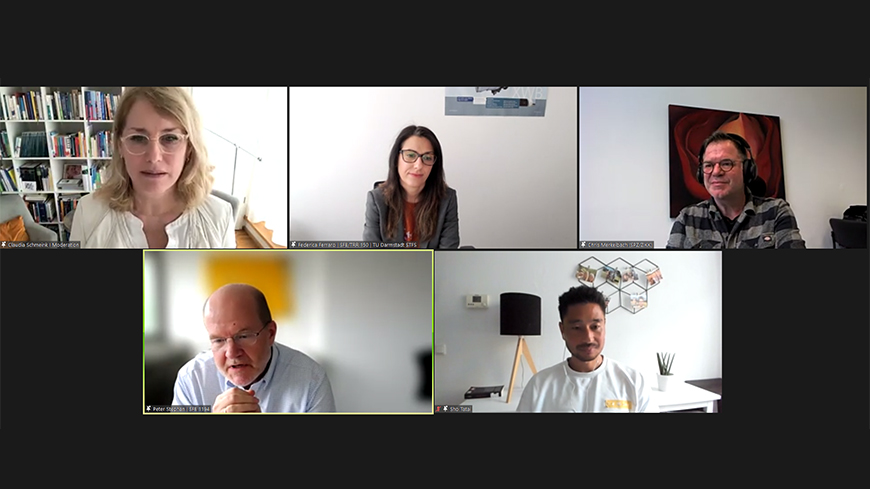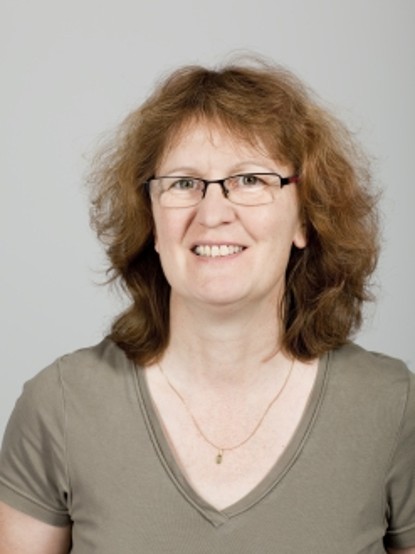Intercultural Competence and Communication in Science
Panel discussion on 22 November 2022
2022/11/23
On 22 November 2022, the members of the Collaborative Research Centres 1194 and Transregio 150, as well as the cluster project Clean Circles, intensively discussed questions of intercultural competence and communication.

In the opening lecture, Mr. Sho Tatai (trainer and consultant for diversity) already made it clear that intercultural competence consists above all in seeing the counterpart as an individual and not perceiving him or her against the background of any cultural stereotype. Our behaviour is shaped by the cultural environment in which we live, but even within a culture we differ individually. More important are internalised values according to which we act and according to which we also judge the behaviour of others. In order to communicate competently with people from other cultures, it is therefore important to become aware of one's own stereotypes and values.
In the panel discussion that followed, Prof. Dr.-Ing. Peter Stephan, Dr.-Ing. Federica Ferraro, Dr. Christoph Merkelbach and Mr. Sho Tatai discussed their personal experiences with intercultural encounters in the science system. Communication was seen as the key to intercultural competence. This means that in exchange with others, agreements on common goals and rules, roles and expectations should be explicitly discussed. Reflecting on one's own assumptions and self-understandings and knowing that these are not necessarily shared is a good basis for entering into the dynamic process of communicating with each other in an interculturally competent way. It became clear that one's own cultural peculiarities often only become clear when one has moved abroad. The many unwritten laws cannot be learned in advance. The almost unavoidable faux pas were seen as something positive – they were there to be made and learn. Even though English is the language of science, it is important to try to be able to chat a little in the native language of the host country. This opens many doors and leads to a more private approach to the people one works with.
In his concluding remarks, Prof. Dr.-Ing. Hasse emphasised that to learn and reflect as intercultural competences for action also described the core of science. Science thus offers the right place to learn respectful and open exchange with others and to develop oneself further – at the end in both fields is the insight of something new.

